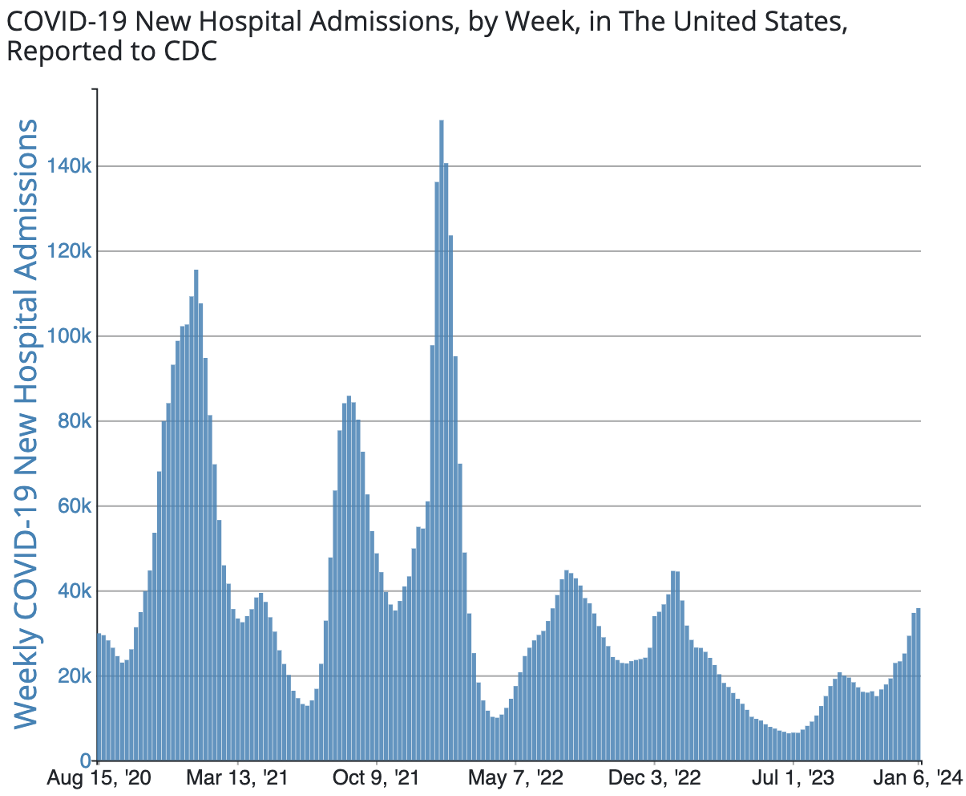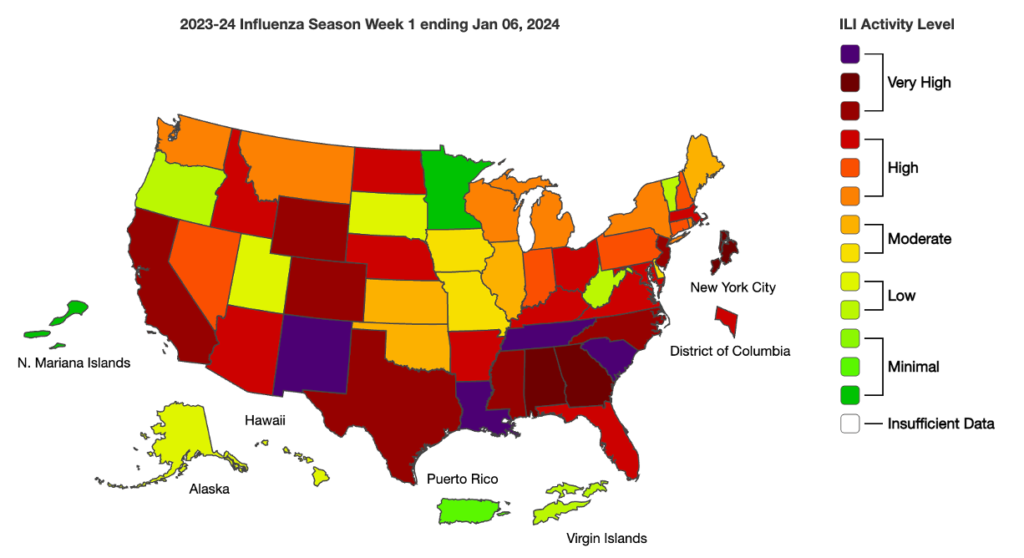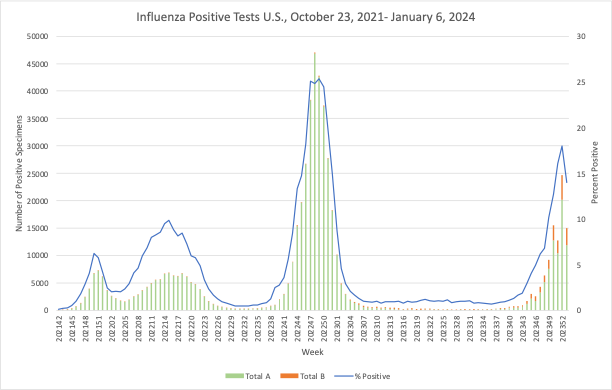Infectious disease outbreaks can occur at virtually any time and anywhere. They can be transmitted through a variety of means (e.g., respiration, touch, food consumption, etc.) and spread easily or more specifically. To help businesses understand the most common infectious diseases and how to prevent and/or protect your employees and business, TAG has developed and Infectious Disease Fact Sheets webpage, with downloadable pdfs on many of the most common infectious diseases.
In this week’s article, we take a look at Legionellosis (or Legionnaires’ disease), which is more common than you may think. Legionella outbreaks periodically arise in the U.S. as well as other parts of the world, with some outbreaks bringing deaths as well as illness. In 2023, there were 23 outbreaks in the U.S. leading to at least seven deaths, with the most recent occurring in December among guests of a resort in New Hampshire, with one case being fatal.
Legionellosisis a lung infection caused by breathing in small water droplets contaminated with Legionella spp. bacteria. It primarily impacts older males (over 50) and can progress to death in immunocompromised individuals, particularly those with a history of smoking and lung disease. Although similar to other types of pneumonia, with symptoms such as cough, shortness of breath, fever, muscle aches, and headaches, Legionnaires disease can be much more severe, particularly for those most at risk.
While the source of a Legionella outbreak is often unknown, the Legionella organism can grow in stagnant ambient water systems, so it is most likely to occur in water systems that are not well maintained. It can then be spread through water aerosols from fountains, showers, air conditioning units, hot tubs, saunas, etc. Because home and car air-conditioning units do not use water, they are not a risk for Legionella growth.
Some of the most beneficial steps a business can take to protect against Legionella in your water system are to:
- Know your building’s water system. Consider engaging professionals with expertise in detecting and effectively managing Legionella risks.
- Thoroughly flush water systems that have sat unused for long periods or are used infrequently.
- Ensure your water system is properly designed.
For more information, download the Legionellosis Fact Sheet, or learn more about other Infectious Diseases on the TAG webpage.
COVID Risk Matrix:

Influenza:


Infectious Disease News:
- Influenza activity in Toronto is higher than pre-pandemic norm. Public health officials have noted that the level of respiratory illness in the city remains high but appears to be decreasing following a wave of infections over the holidays. Percent positivity for influenza is at 6.6% for the most recent week while Covid is sitting around 18% for the area. Some hospitals in Toronto have warned they are over capacity at this time.
- Measles cases are reported in Kansas City, Philadelphia, Khazakhastan, Israel, and Russia.
- Alberta Health Services (AHS) says it’s confirmed two cases of mumps at a daycare in the province’s south zone, which includes Lethbridge and Medicine Hat.
- 41 confirmed and probable cases of norovirus illness in San Diego have been linked to raw oysters imported from a specific harvest in northwest Mexico. Implicated are “Rocky Point” oysters packaged by GOLPAC, located in Salina Bay.
- Baguio City (Philippines) Mayor Benjamin Magalong declared a gastroenteritis outbreak in the city on Wednesday, January 10. As of January 10, more than 1700 cases were self-reported.
- Global incidence and mortality from invasive fungal disease is substantially higher than previously thought, according to a recent review by The Lancet Infectious Diseases. The review estimated that over 6.55 million people annually are affected by invasive fungal infection, including over 2.1 million with invasive aspergillosis, and 1.5 million with a Candida bloodstream infection or invasive candidiasis, 500,000 with Pneumocystis pneumonia, and 194,000 with Cryptococcal meningitis.





